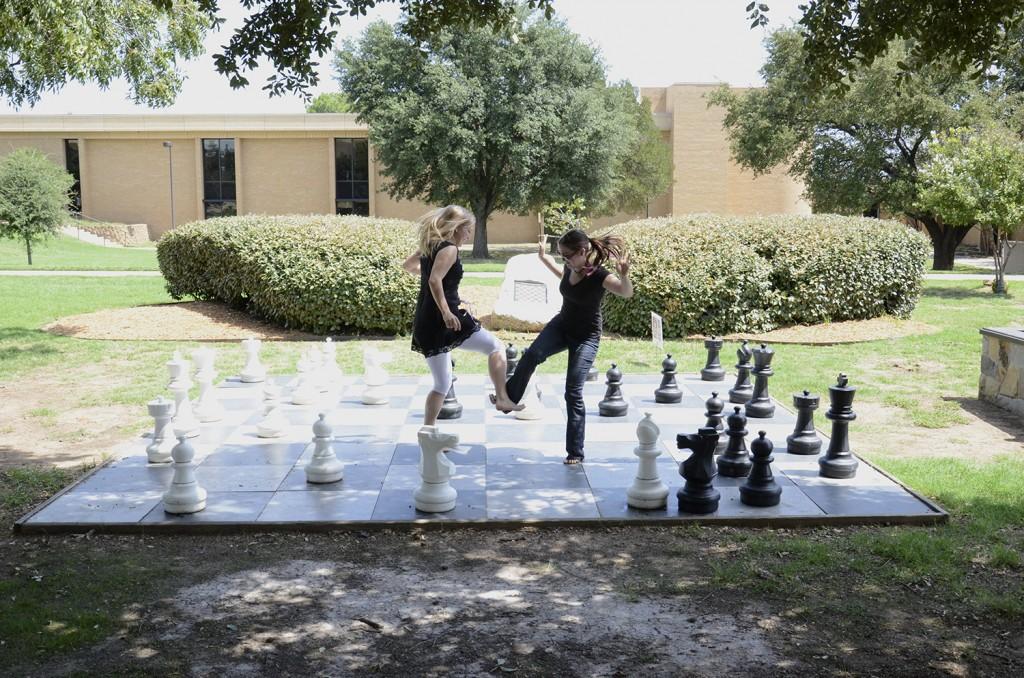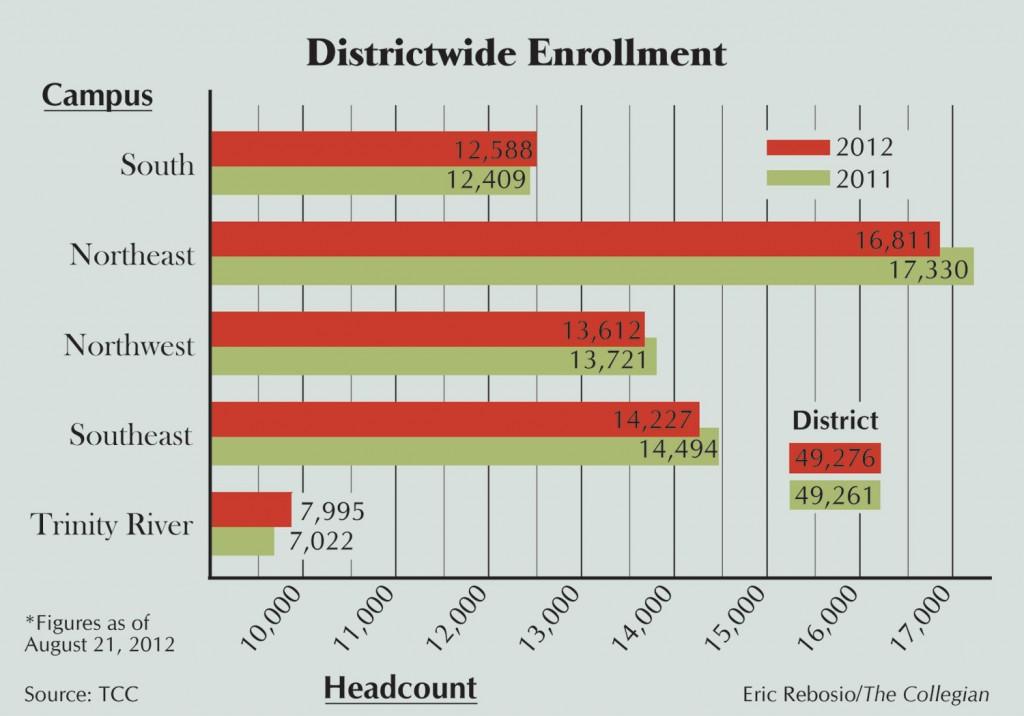Rules. They must be followed. And generally, following them produces the best results. Yet to follow directions, students first need to know what they are. They also need to be consistent.
Recently, severe weather knocked out power on NW Campus forcing the facility to close the following morning. Those awake and skimming their Facebook page at 7:20 a.m. for updates or tuned in to local news media at 8 a.m. were informed.
However, it would be several hours before phone calls or text message alerts were sent using the new myTCC Alerts system. By then, some had received calls or texts from friends, and others made the discovery after arriving on NW to see vehicles driving away from the campus.
This was not a real emergency, per se.
However, as far as notification goes, NW Campus’ closing should have been considered an emergency and students notified earlier. With current gas prices, notifications via text and telephone would have prevented unnecessary trips to the campus.
In the future, such non-emergency closings may or may not be broadcast using the myTCC Alert system because TCC has no current policy in place regarding such closings or a specified time frame for sending out notifications. If a policy were in place, the myTCC Alert system seems to be the best and quickest way to inform students, faculty and staff of unexpected closings.
According to TCC’s official website, two of the best ways to communicate campus closing information to students is through the social media websites Facebook and Twitter and its website. A third way is by recorded message.
However, public relations director Frank Griffis said posting information on TCC’s homepage takes two hours. While social media is indeed the trend in communication, many view statuses via their mobile phones. Therefore, a call or text message could have been received before a Facebook post or tweet was read.
In the event of a real emergency, seconds count.
TCC is a lifeline in Tarrant County and does so much good for its students, but communication to those students can be improved. Students are here to learn, and they are increasingly hip to modern methods of communication. Really, they do not care how they get the message as long as they get it and as long as it is consistent.
Most TCC classrooms are equipped with digital message clocks, but not all. In an emergency situation, it would certainly be preferable to be locked down in a classroom that either has them or an equally effective alternative.
This fall, TCC has converted to the new myTCC Alerts system. Students, faculty and staff are encouraged to visit https://tccd.bbcportal.com, where armed with a TCC email and colleague ID number, they can update their information and choose how they want to receive college information.
This system seems to be the best way for TCC to communicate information. While students may appear perpetually logged in to Facebook, TCC faculty and staff may not be and college instructors should have closing or other types of information firsthand.
Having a policy in place that would send myTCC Alerts out simultaneously along with social media alerts would ensure more equal access to needed information. And considering the time and cash restraints that can accompany college life, TCC students, faculty and staff could conserve more of both if a policy with a time frame were established.

























